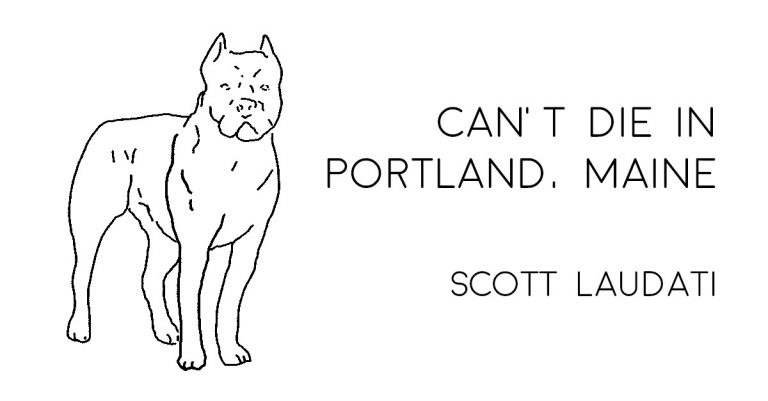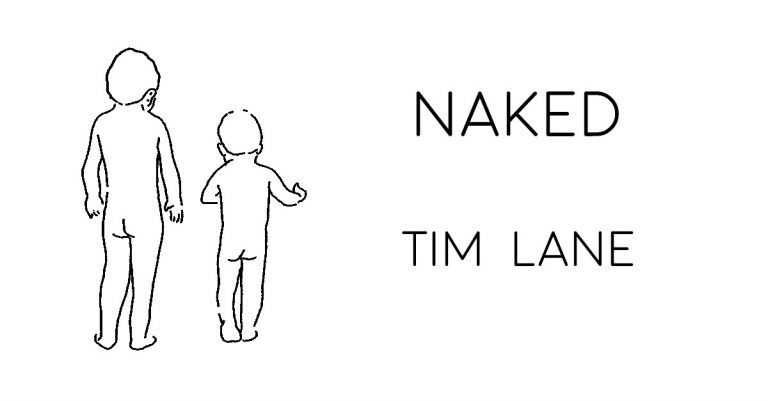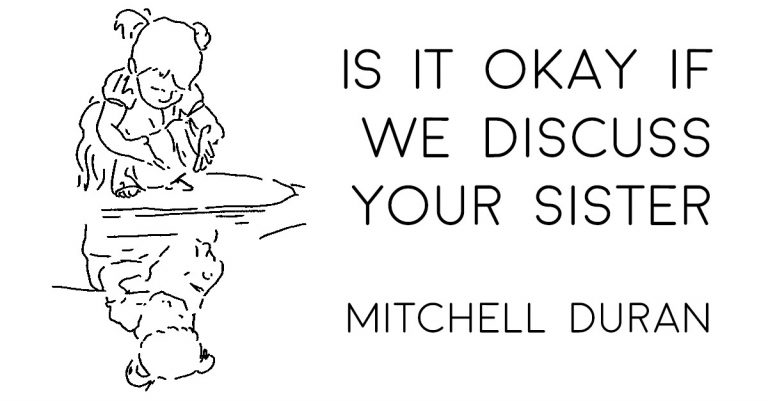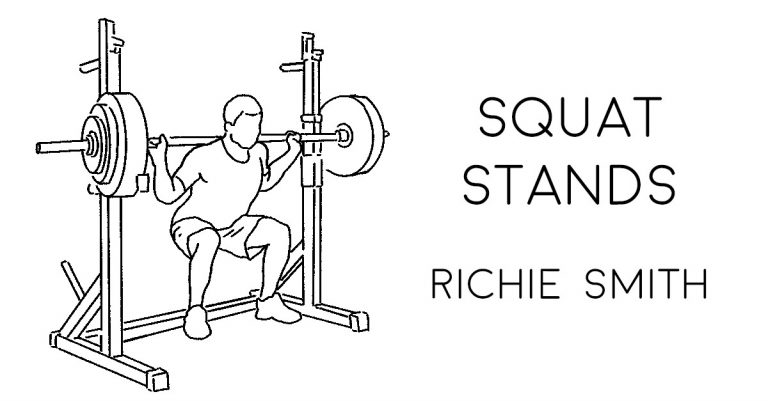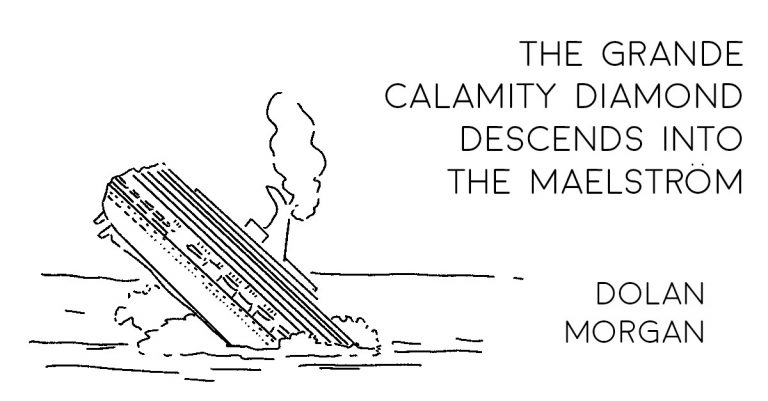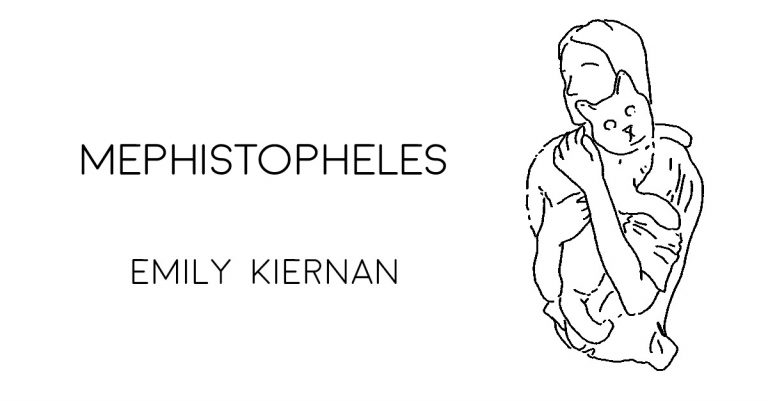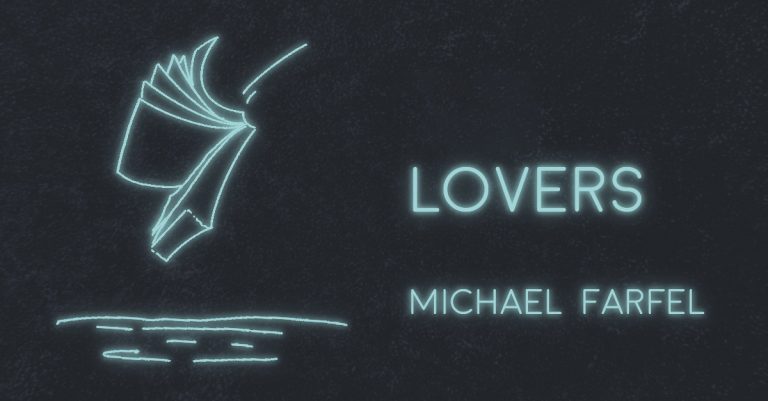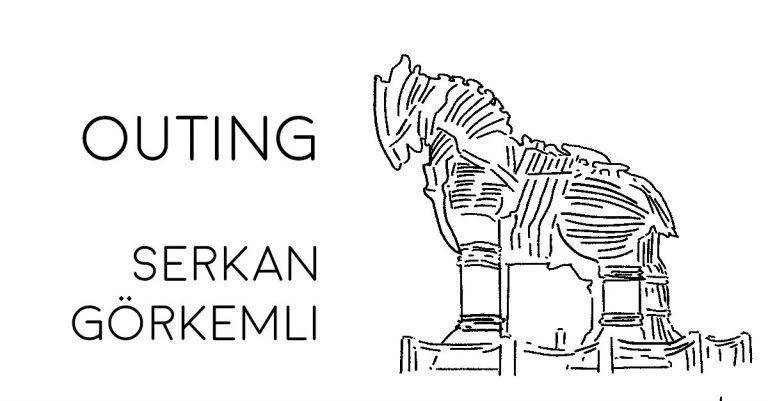
OUTING by Serkan Görkemli
By the time I show up for our weekly outing on Thursday evening, my friend Yaprak has already ordered the first bottle of red wine. We’re meeting on the patio of Büyük Truva Oteli, one of the oldest and most expensive hotels on the shore of the Dardanelles in downtown Çanakkale in northwestern Turkey. She beckons me with her left hand to our quiet corner. Her right hand puts out one of the many cigarettes she has already smoked. The night is young, and I’ve brought two packs of Camels just in case. I’m a little late, and I already

